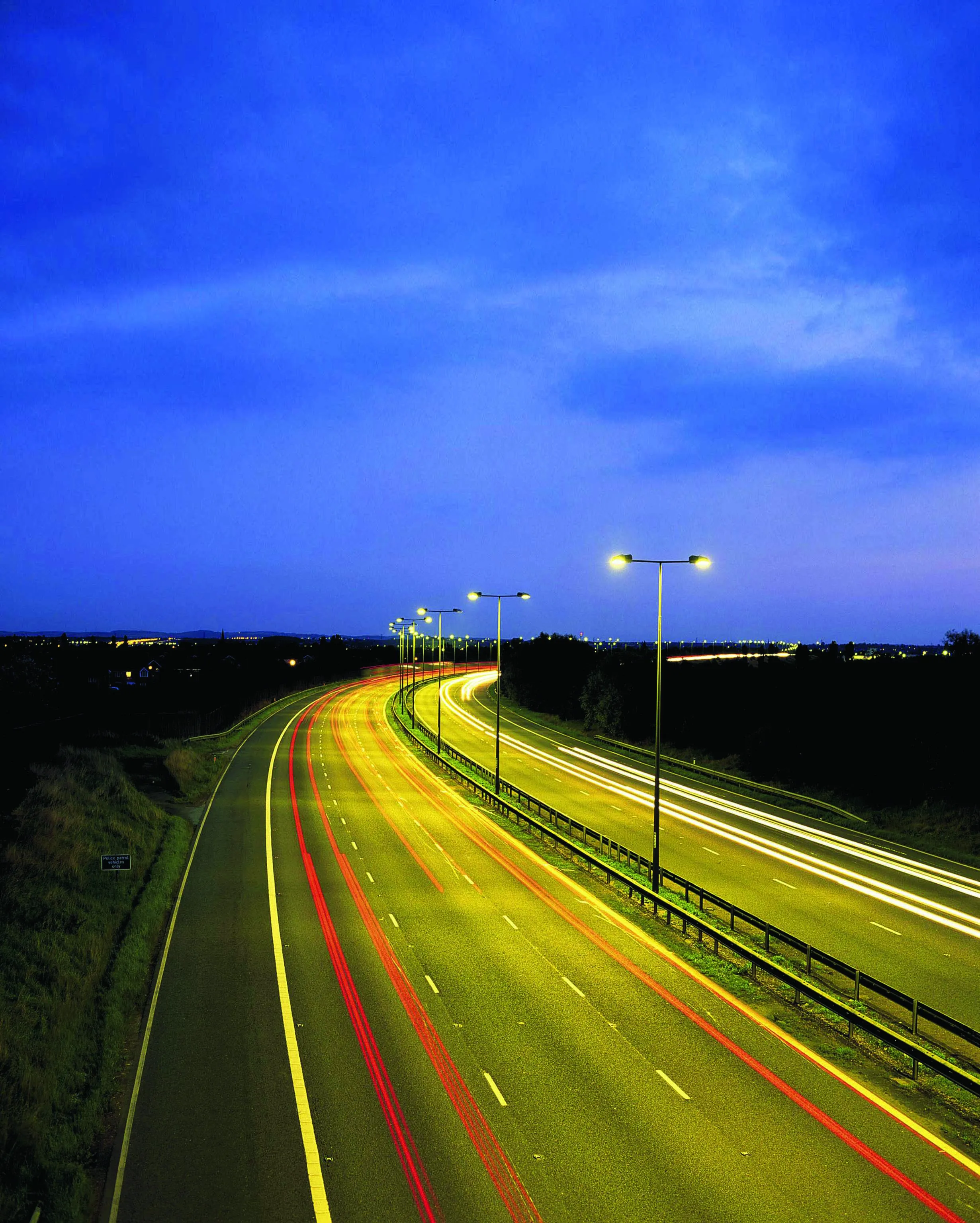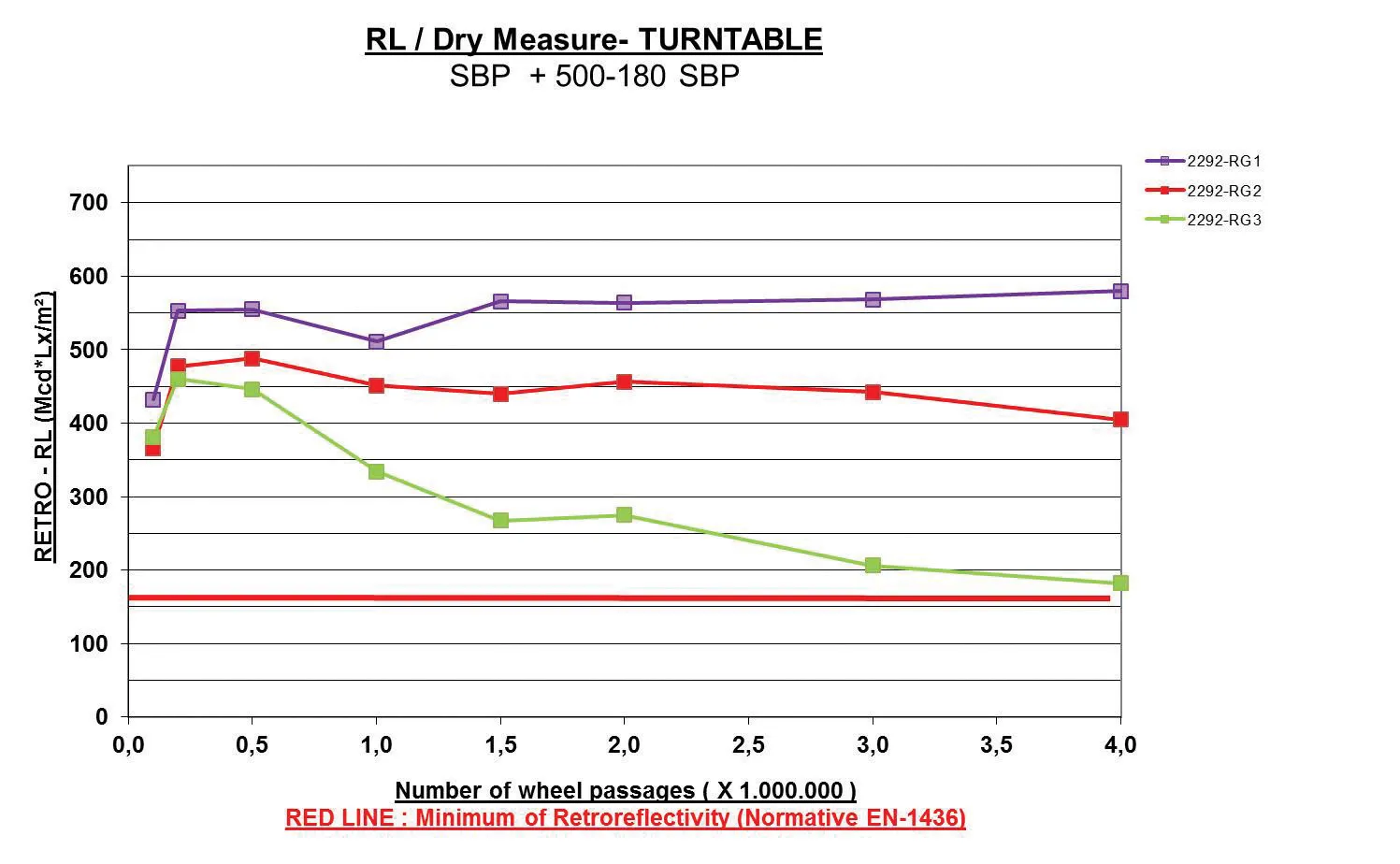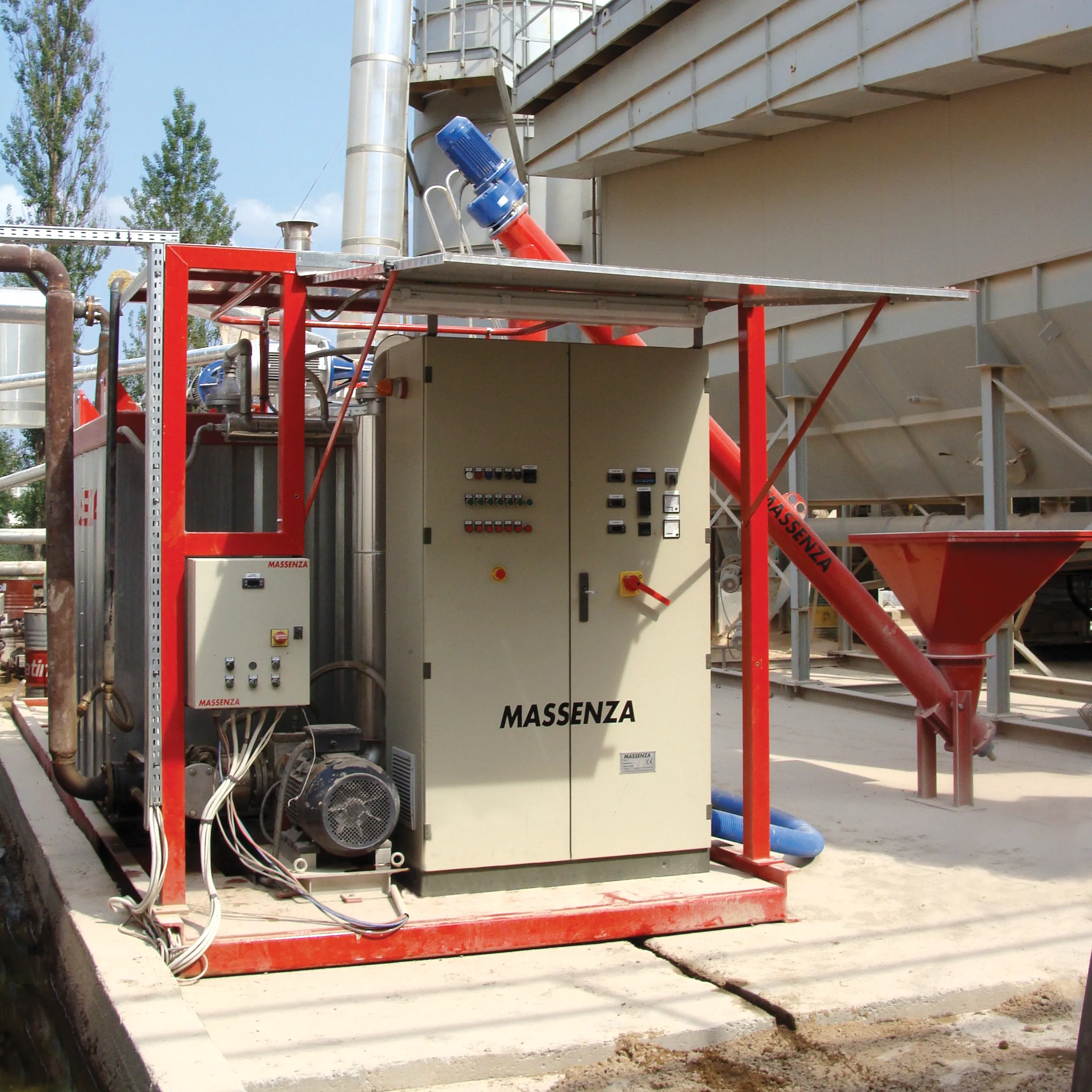A new report from the Lighting Research Center* at Rensselaer Polytechnic Institute focuses on the benefits from switching to LED lighting technologies
There is a rapidly changing landscape for roadway lighting worldwide, largely due to the widespread acceptance of light-emitting diode (LED) technology. In developed markets such as the US, this has opened up a universe of new possibilities regarding LED replacement lamps. There are 144 million high-intensity discharge (HID) lamps in the US, representing
April 30, 2015
Read time: 4 mins

RSSA new report from the Lighting Research Center* at Rensselaer Polytechnic Institute focuses on the benefits from switching to LED lighting technologies
There is a rapidly changing landscape for roadway lighting worldwide, largely due to the widespread acceptance of light-emitting diode (LED) technology. In developed markets such as the US, this has opened up a universe of new possibilities regarding LED replacement lamps. There are 144 million high-intensity discharge (HID) lamps in the US, representing only 2% of the installed lamp inventory.
However these HID type lamps have a significant impact on energy use, consuming 26% of lighting energy in the US. Elsewhere in the developed world, such as Europe and Australia, there are broadly similar figures with regard to the percentages of HID lighting in use and to the specific energy consumption.
In the US as elsewhere, HID lamps are used primarily in outdoor applications and particularly for roadways and parking areas. However they are also used for building exteriors as well as commercial interior and industrial applications.
But mogul base LED replacement lamps are now being marketed as equivalent replacements for existing HID lamps, offering major benefits in terms of both energy savings and working life. Replacing HID lamps with those using the latest LED technology could deliver a substantial reduction in energy use as a result, as well as savings in the longer term by cutting out the need for regular replacement or maintenance.
However, there is a critical need for objective technical information regarding the many LED replacement options currently available. In response, the Lighting Research Center (LRC) at Rensselaer Polytechnic Institute has been conducting evaluations of LED replacement lamps, most recently those with a mogul base. For this project, LRC conducted market characterisation and performance testing of mogul base LED lamps to support cost-effective retrofits for multiple types of lighting applications.
LRC recently completed Phase 1 of the project and has authored a new report, which provides details of the market characterisation and pilot photometric testing of 18 representative mogul base LED lamps alone in luminaires. LRC also conducted a comprehensive survey of specifiers to identify key considerations for lamp selection and relevant luminaire performance characteristics for various lighting applications. These factors included light output, intensity distribution and size, and with this information LRC was able to push forward with the development of a performance testing plan, the results of which are also included in the report. Phase 2 is now underway, consisting of additional performance testing of mogul base LED lamps in representative luminaire types. The results of Phase 2 testing will be released as they become available.
The report was funded by the Bonneville Power Administration (BPA) as an assessment of the state of technology development as well as the potential for emerging technologies to increase the efficiency of electricity use. BPA is undertaking a multi-year effort to identify, assess and develop emerging technologies with significant potential for contributing to efficient use of electric power resources in the Northwest.
“The market is changing so rapidly and with any new product, it’s important to understand the full range of quality and performance available to consumers,” said John Wilson, Commercial & Industrial Lighting programme manager at the Bonneville Power Administration. “This research will help utilities in the Pacific Northwest to make smart and reliable investments in energy efficiency.”
LRC found that only 4 of the 18 lamps met the minimum DesignLights Consortium Qualified Products List criteria for retrofit kits when the lamps were placed in area lighting and roadway luminaires. The lamps tested in wall pack and high bay luminaires did not meet the applicable minimum efficacy criteria for retrofit kits.
*The Lighting Research Center (LRC) at Rensselaer Polytechnic Institute is the world’s leading centre for lighting research and education. Established in 1988 by the5269 New York State Energy Research and Development Authority (NYSERDA), the LRC has been pioneering research in energy and the environment, light and health, transportation lighting and safety, and solid-state lighting.
RSS
There is a rapidly changing landscape for roadway lighting worldwide, largely due to the widespread acceptance of light-emitting diode (LED) technology. In developed markets such as the US, this has opened up a universe of new possibilities regarding LED replacement lamps. There are 144 million high-intensity discharge (HID) lamps in the US, representing only 2% of the installed lamp inventory.
However these HID type lamps have a significant impact on energy use, consuming 26% of lighting energy in the US. Elsewhere in the developed world, such as Europe and Australia, there are broadly similar figures with regard to the percentages of HID lighting in use and to the specific energy consumption.
In the US as elsewhere, HID lamps are used primarily in outdoor applications and particularly for roadways and parking areas. However they are also used for building exteriors as well as commercial interior and industrial applications.
But mogul base LED replacement lamps are now being marketed as equivalent replacements for existing HID lamps, offering major benefits in terms of both energy savings and working life. Replacing HID lamps with those using the latest LED technology could deliver a substantial reduction in energy use as a result, as well as savings in the longer term by cutting out the need for regular replacement or maintenance.
However, there is a critical need for objective technical information regarding the many LED replacement options currently available. In response, the Lighting Research Center (LRC) at Rensselaer Polytechnic Institute has been conducting evaluations of LED replacement lamps, most recently those with a mogul base. For this project, LRC conducted market characterisation and performance testing of mogul base LED lamps to support cost-effective retrofits for multiple types of lighting applications.
LRC recently completed Phase 1 of the project and has authored a new report, which provides details of the market characterisation and pilot photometric testing of 18 representative mogul base LED lamps alone in luminaires. LRC also conducted a comprehensive survey of specifiers to identify key considerations for lamp selection and relevant luminaire performance characteristics for various lighting applications. These factors included light output, intensity distribution and size, and with this information LRC was able to push forward with the development of a performance testing plan, the results of which are also included in the report. Phase 2 is now underway, consisting of additional performance testing of mogul base LED lamps in representative luminaire types. The results of Phase 2 testing will be released as they become available.
The report was funded by the Bonneville Power Administration (BPA) as an assessment of the state of technology development as well as the potential for emerging technologies to increase the efficiency of electricity use. BPA is undertaking a multi-year effort to identify, assess and develop emerging technologies with significant potential for contributing to efficient use of electric power resources in the Northwest.
“The market is changing so rapidly and with any new product, it’s important to understand the full range of quality and performance available to consumers,” said John Wilson, Commercial & Industrial Lighting programme manager at the Bonneville Power Administration. “This research will help utilities in the Pacific Northwest to make smart and reliable investments in energy efficiency.”
LRC found that only 4 of the 18 lamps met the minimum DesignLights Consortium Qualified Products List criteria for retrofit kits when the lamps were placed in area lighting and roadway luminaires. The lamps tested in wall pack and high bay luminaires did not meet the applicable minimum efficacy criteria for retrofit kits.
*The Lighting Research Center (LRC) at Rensselaer Polytechnic Institute is the world’s leading centre for lighting research and education. Established in 1988 by the
RSS








